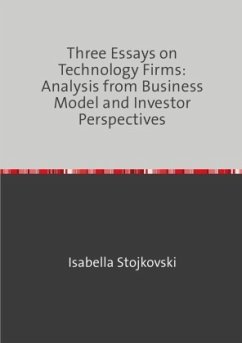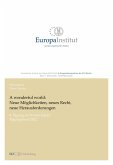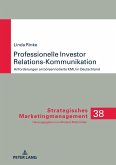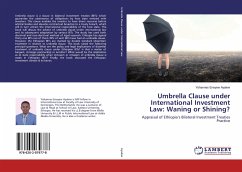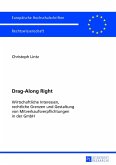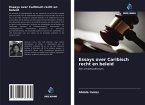This dissertation consists of three empirical studies and contributes to business model and private equity literature. Based on an exploratory research design, the first study investigates the technology-enabled transition toward usage-based business models. Findings reveal that macro- and firm-level supply- and demand-side factors both drive and inhibit this shift. Technology, in particular sensor devices and cloud applications, is a central macro-level driver. The study further identifies four usage-based business model archetypes: Leasing Plus, Flexible Contracting, Renting/Sharing, and Performance Contracting. Performance Contracting is the most radical model regarding its supply-side risk-return profile. The second study examines the effect of business model choice on technology firms' success. Using a proprietary sample of ventures in the additive manufacturing sector, the essay documents that a business-to-business model and selling via indirect distribution channels significantly increases firm success likelihood. Applying a recurring revenue model further increases the likelihood of an initial public offering. The third study uses machine learning to analyze private equity style drift toward investing in software firms. The study finds that private equity software transactions have increased greatly across all industries over the past decades. The essay also contrasts general style drift with software drift. Both drifts represent structurally different investment decisions from the investor perspective. Lastly, the analysis documents differences contingent on measurement: using machine learning methodology allows for a more accurate measurement of software drift compared to using conventional software classifications.
Bitte wählen Sie Ihr Anliegen aus.
Rechnungen
Retourenschein anfordern
Bestellstatus
Storno

